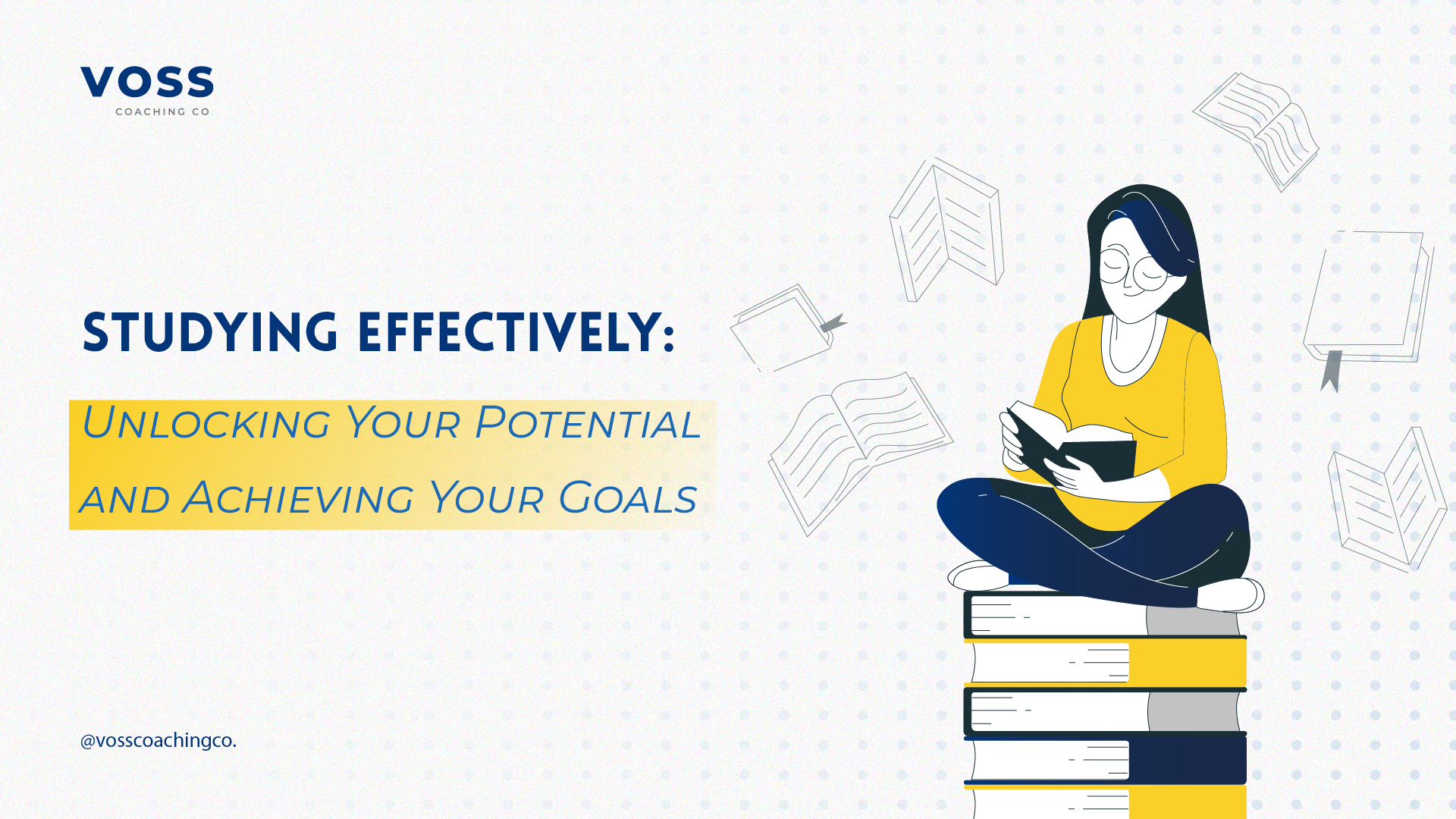
Studying is not merely about accumulating information; it is a deliberate and intentional process that necessitates effort, planning, and execution. However, many students struggle to study effectively and fail to achieve their desired outcomes. In this blog post, we will delve into the fundamental elements of effective studying and provide you with invaluable tips and techniques to unlock your potential and accomplish your goals.
Know Yourself
One of the most crucial aspects of effective studying is self-awareness. This encompasses understanding your learning style, strengths, weaknesses, and goals. When you are cognizant of these factors, you can tailor your studying approach to suit your individual needs. For instance, if you are an auditory learner, consider recording your lectures and listening to them multiple times. Conversely, if you are a visual learner, employing diagrams and mind maps may enhance your information retention.
Create a Study Plan
To optimize your studying experience, creating a well-structured study plan is essential. A study plan serves as a roadmap, guiding you through your learning journey. It helps you organize your time, set realistic goals, and allocate specific study sessions for different subjects or topics. By breaking down your study material into manageable portions, you can avoid feeling overwhelmed and ensure comprehensive content coverage.
Be Consistent
Consistency and faith are two key ingredients for successful studying. Consistency entails committing to a regular study schedule without fail. It means dedicating specific time slots to your studies and adhering to them diligently. However, consistency does not imply studying for hours on end without breaks. It is crucial to balance study and rest, allowing your brain to recharge and process the information effectively. Additionally, maintaining faith in your abilities and believing in your capacity to achieve your goals can provide the motivation and drive needed to stay consistent.
Techniques for Effective Studying
There are many techniques that can help you to study effectively. Here are five of the most effective:
1. Active Recall:
This technique involves actively retrieving information from your memory instead of simply reviewing it. You can do this by quizzing yourself, creating flashcards, or summarizing what you have learned. By engaging with the material and testing your knowledge, you reinforce your understanding and improve long-term retention.
2. Spaced Repetition:
Instead of cramming all the information simultaneously, spaced repetition involves reviewing the material at regular intervals over time. Our brains retain information better when we revisit it over multiple sessions. By spacing out your study sessions, you reinforce the learning and enhance long-term memory.
3. Mind Mapping:
Mind mapping is a visual technique that helps you organize your thoughts and make connections between concepts. By creating diagrams, flowcharts, or other visual representations, you can visually map out the relationships between different ideas. This technique enhances understanding and aids in information recall.
4. The Pomodoro Technique:
This technique involves studying in short bursts of focused work, typically 25 minutes, followed by a short break. By breaking your study time into manageable chunks, you can maintain focus and prevent burnout. The Pomodoro Technique helps improve concentration and productivity.
5. Elaborative Interrogation:
This technique involves asking yourself “why” questions about the material you are studying. By challenging yourself to explain the underlying concepts and connections, you deepen your understanding and reinforce your learning.
Remember, studying effectively is not just about collecting information. It involves knowing yourself, committing to a regular schedule, and using effective techniques to retain information. By implementing these strategies, you can unlock your potential and achieve your goals. So, take the time to study yourself and your habits, and then develop a plan that works for you.


